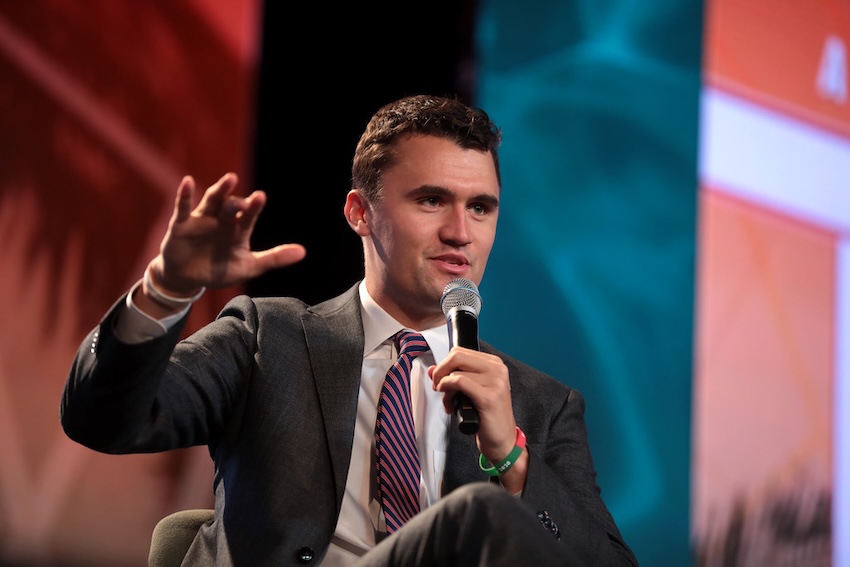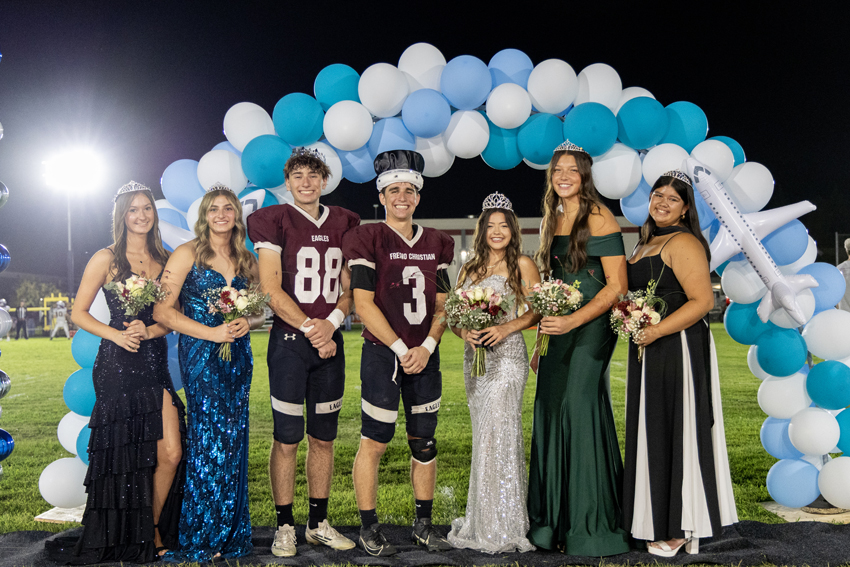Most people begin to determine what they would enjoy for a career later in life when they are in high school. Yet the diversity of subjects and possible career pathways is lacking across the country in our high schools. The mock trials in civics class at FC aim to give students an experience in the legal field.
Third and fifth period civics class have been deliberating on a case from Oct. 24-31. The case is one that the jurors and lawyers constantly have to decide whether or not some evidence can be used in the courtroom. As well as taking into account many different factors.
The case has physical, mental, and factors of jealousy involved in it. One circumstance involves alcohol and balancing on top off a clock tower, obviously being on top of a clock tower while sober is hard enough. But the high blood alcohol level of the victim may have been the one that pushed her over the edge, not the suspect.
Both classes had different verdicts and opinions on the case. Some took the blood alcohol into account and determined that it may have been that that caused the victim to fall. Others were totally against this premise.
In class students volunteered for different positions in the court, ranging from lawyers, to witnesses, to defendants and jurors.
Suzy Carroll, ’14, was the lawyer defending Ryan Stewart, ’14, in fifth period civics. Carroll showed intensity and preparation in her defense of Stewart. She focused on the point of alcohol and delivered a convincing argument through out the trial.
Prosecuting attorneys enjoyed being on the offensive and drilling towards circumstantial evidence, such as testimonies from biased witnesses, according to the defense.
Jon Agao, ’14, was a key witness in the fifth period civics class. He enjoyed being apart of the trial and found it very informative for later in life.
“I enjoyed answering the questions from the defense and prosecution,” Agao said. “The level of preparation was obvious on both the prosecution and defenses side.”
Johnathan Nyberg ’14 who was the prosecuting attorney against Carroll and Stewart. Nyberg enjoyed the ability to imply different theories, and to try and persuade the jury against the defense.
In many ways being a good attorney, students learned, is convincing others that your thought process and assumptions are correct.
Jason Kim, ’14, was also a witness in the trial, as a witness he was allowed to stay and listen to the jury deliberation.
“I really enjoyed seeing how people reasoned,” Kim said. “Some had different opinions on the most basic of facts, some were very different from what I thought was logical.”
Jurors also learned that a reasonable doubt can easily arise, from hearing testimony and reviewing all evidence. The mock trial has provided more insight into the legal field for students and has shown them the fun and interesting factors in it.






